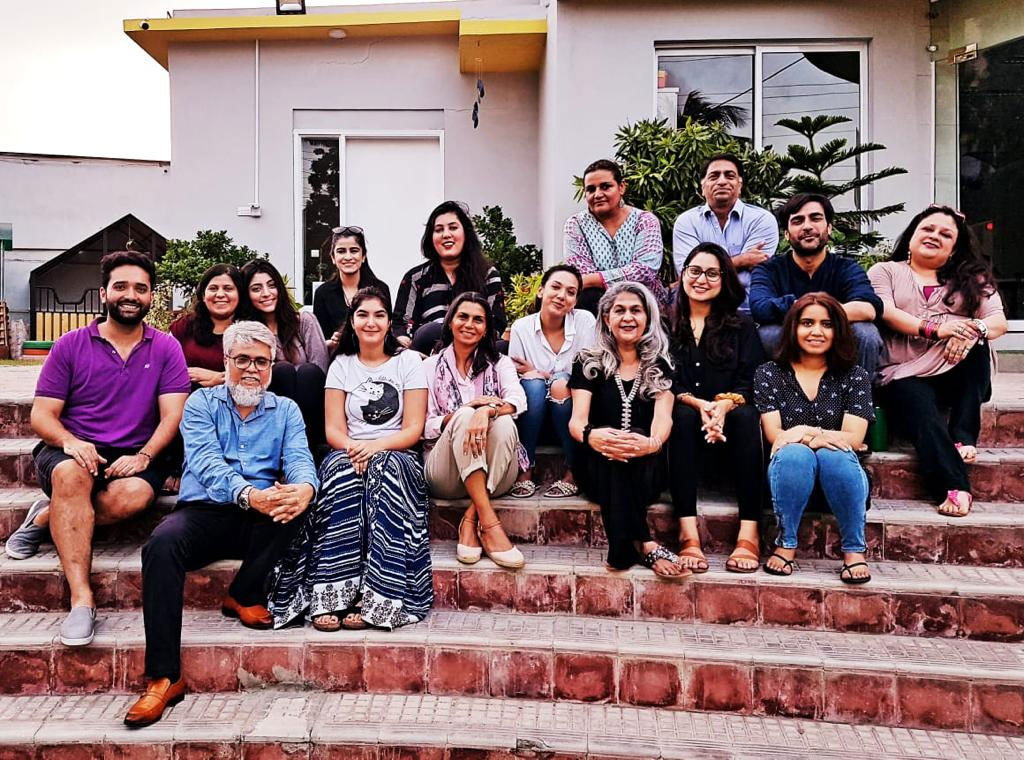- +92 309 7227789
- mail@cppd.com.pk


The Advanced Diploma aims to deepen trainees’ understanding of Humanistic Integrative Counselling and its application to counselling practice. The course is an advanced practitioner training and assumes that trainees have a solid foundation in the Humanistic Integrative model, and an ability to apply skills from this approach within the counselling setting. The course is a one-year part time experiential course spanning over five modules and an integration weekend. Each module consists of full day weekend classes and evening classes on the following weekdays. In addition to course contact time, it is mandatory for trainees to continue to attend supervision sessions, continue to remain student members of the BACP (British Association of Counselors and Psychotherapists) and be in personal therapy. The core tutor will discuss further information with regards the requirements of the Advance Diploma during the first weekend and in the Advance Diploma Handbook, which will be provided to the students on the first day of the weekend. The Advance Diploma forms year two of the two - year training program and as a stand-alone course does not qualify students to practice as trained counselors. Students are also expected to complete 100 client contact hours over the year as well as complete any remaining hours from their Diploma year. The theoretical training is imparted through didactic teaching, experiential learning, and case discussions; assistance and support will be offered where necessary.
Students are given six months from the last day of classes to submit their Advance Diploma portfolios and on successful submission will receive their Advance Diploma award, which qualifies them as trained Humanistic Integrative Counselors. Upon qualification, it is the individual responsibility of each counselor to continue their membership with the BACP as individual members, remain in a minimum of one and a half hours of clinical supervision depending on their level of experience and competence and take responsibility for their own psychological health and wellbeing. As individual members of the BACP, they will be provided with the opportunity to sit the Certificate of Proficiency Test by the BACP and acquire individual accreditation and Member BACP (MBACP) status.


The Advanced Diploma provides an arena for trainees to develop their understanding of how Humanistic and Psychodynamic theory and practice can be combined in an effective coherent integrative framework.
The course will include:
To assist trainees with integrating theory into practice, and in their development as competent practitioners,
Students attend:
The trainees’ practice is supported in the individual and group supervisions through the presentation of clinical material, case discussion, awareness of transference and counter-transference issues and practitioner/client role-plays.
Continuous throughout the year and includes elements of self, peer and tutor evaluation. Students are required to successfully complete three written assignments throughout the year (3000 – 3500 words each). These include a theoretical essay, case study and a student presentation, which is also submitted in essay format. Clinical practice is supported through on going assessment by the clinical supervisor.
Assessment is based on the demonstration of skills through the case presentation of their work with clients, including the submission of three audio-taped counselling sessions, as well as active participation within the whole group and in skills based exercises.
Applicants for the Advanced Diploma in Humanistic Integrative Counselling must provide evidence of the following:
Approximately 200 hours
Feel free to email us at mail@cppd.com.pk or call us on 0309-7227789 Monday-Fridays between 9:30 am - 5:30 pm for more information.
Enrol Now